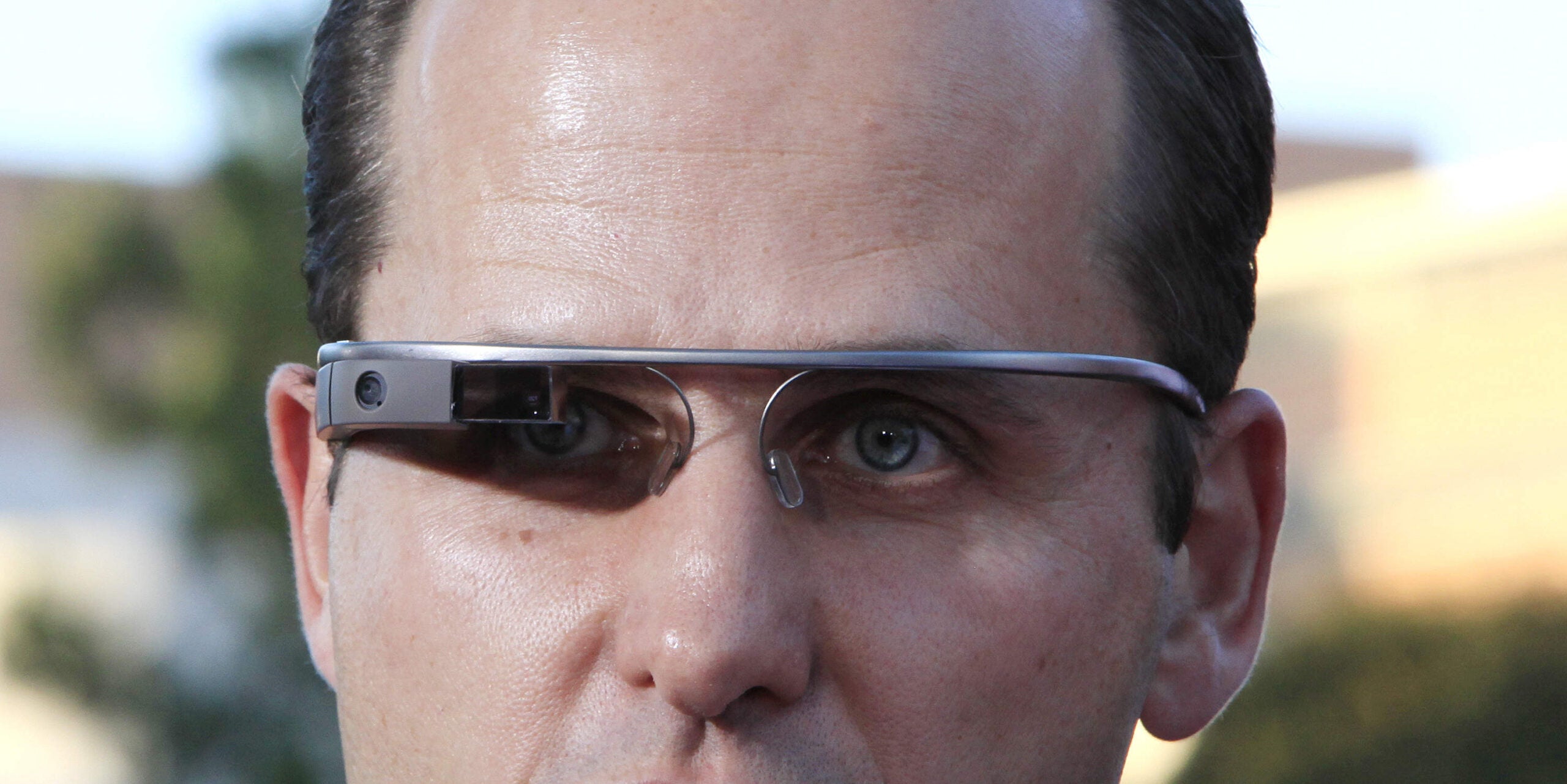
Remember Google Glass, the first augmented reality glasses that Google released back in 2013?
Whilst many thought the product was cool, it didn’t really take off and Google ditched production of the specs in 2015.

Access deeper industry intelligence
Experience unmatched clarity with a single platform that combines unique data, AI, and human expertise.
However, it seems like there is more appetite for AR products in 2017 and Google is just one of the companies bringing them back.
Here are the companies working on AR glasses
1. Apple
Last year, Bloomberg reported that Apple was working on some AR glasses. According to the publication:
While still in the exploration phase, the device would connect wirelessly to iPhones, show images and other information in the wearer’s field of vision and may use augmented reality.
 GlobalData Strategic Intelligence
GlobalData Strategic IntelligenceUS Tariffs are shifting - will you react or anticipate?
Don’t let policy changes catch you off guard. Stay proactive with real-time data and expert analysis.
By GlobalData
Apparently, we will have to wait until at least 2018 to see Apple release such a device.
This makes sense as this year the company is taken up with the development and announcement of the 10th anniversary iPhone, expected in September.
It’s unlikely that Tim Cook would reveal anything else that could overshadow this much-anticipated product.
However, there is reason to hope for AR specs. Apple has made a few AR acquisitions in the past few years, including the Israeli startup PrimeSense, which worked on the Xbox’s Kinect system.
So watch this space.
2. Facebook
Last week, it was revealed that Facebook was working on a patent for some smart glasses as part of its virtual reality (VR) subsidiary, Oculus.
Business Insider reported that the company filed a patent for a so-called “waveguide display with two-dimensional scanner”.
The display:
May augment view of a physical, real-world environment with computer-generated elements” and “may be included in an eye-wear compromising a frame and a display assembly that presents media to a user’s eyes.
One of the authors of the patent is Oculus’ lead optical scientist, named Pasi Saarikko.
He moved to Facebook after working on the optical design of Microsoft’s mixed reality glasses, HoloLens.

3. Google
The Glass was retired for consumers, but it turns out businesses like Boeing and GE Aviation have been using the Google Glass for their work maintaining jet engines.
The startup Upskill told Tech Radar that it had been working with an enterprise version of the Glass, adding its Skylight enterprise software to allow companies like Boeing to use the glasses in the workplace.
Brian Ballard, chief executive of Upskill, said:
The glasses, a consumer would recognise. But there are tweaks to it. It’s foldable, and there’s tool-less removal of the glasses part, so if you want to switch different frames it’s easy.
As well as working on a new version of the Glass, at its I/O developers’ conference earlier this year Google revealed some of its other AR projects.
Named Project Tango, Google wants to enable your smartphone so you can walk into a shop, hold up your device, and be directed to the product you want straight away.
At least it means you won’t have to talk to anyone when you leave the house anymore.
4. Snap
After Snap released its Snap Spectacles last year, transforming the company from a social media startup into a camera one, it was almost unsurprising to hear that Evan Spiegel and his team would be working on an augmented reality version.
A recent patent filed by Snap, says:
The glasses… gather images using image sensors and use those images as a basis to generate and present augmented reality information to the user via display.
It is thought that Snap’s acquisition of Vengeance Labs, a startup working on smart eyewear, back in 2014 was a clear indication of the fact it was venturing into AR products.







